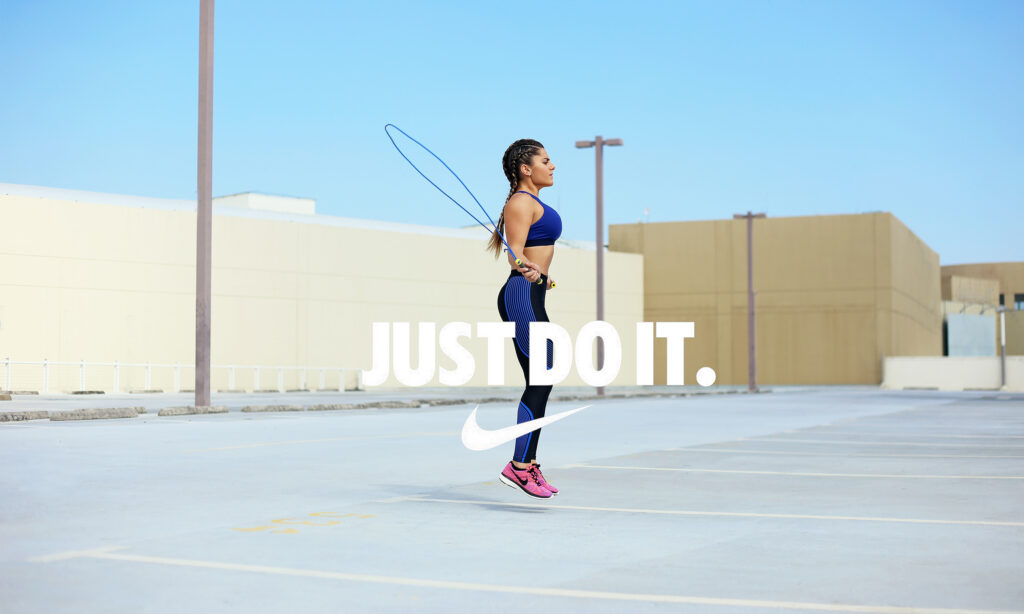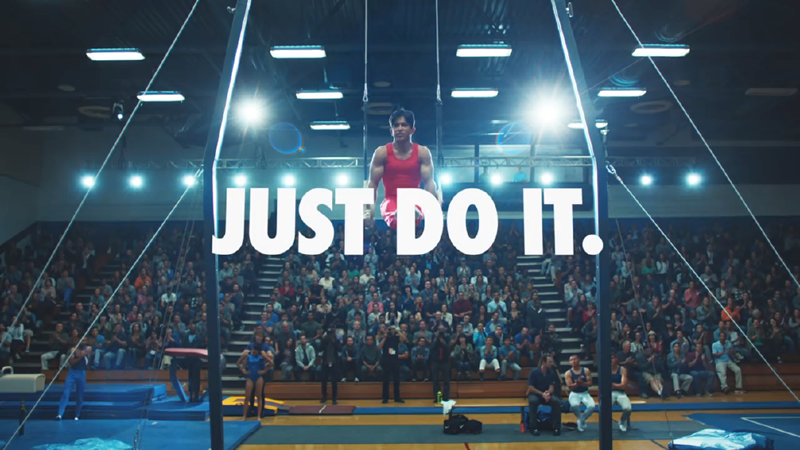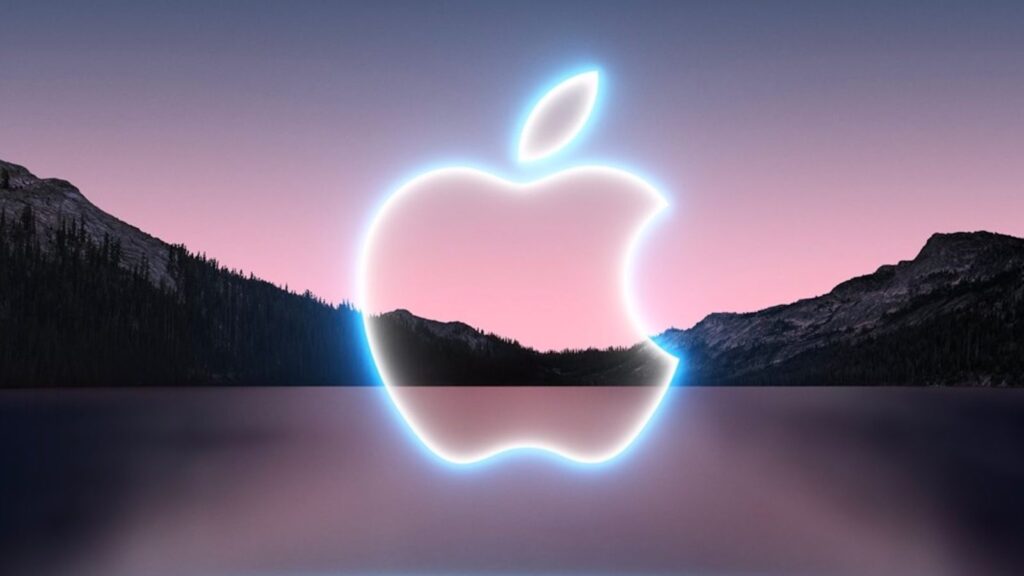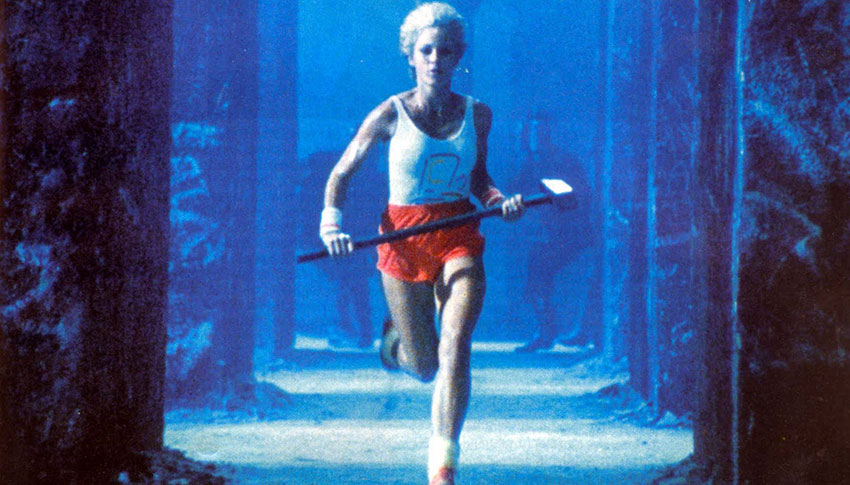What makes a brand memorable, trusted and desirable, what differentiates it from its competitors and makes it a preferred choice for consumers? The answer is simple: the business narrative.
Business storytelling is the art of telling stories about the brand, its mission and values in a way that connects emotionally with the audience and builds trust and loyalty. It is not about inventing fictions or exaggerating the benefits of products or services, but about showing the essence of the brand, its purpose and its impact on the world.

Why is business narrative important?
- It humanises the brand: by telling stories about the brand, it gives it a personality, a tone that makes it closer and more accessible to the audience. An identification and empathy is created, it stops being an abstract and cold entity and becomes a travelling companion.
- It generates trust: by telling authentic and transparent stories, it shows its most honest and genuine side, which generates credibility and trust in the audience. It shows that the brand has values and a mission that guide it and that it is committed to them.

- It differentiates the brand: by telling unique and original stories, it highlights its added value and value proposition, which differentiates it from its competitors and makes it more attractive and desirable to the audience. It shows its own vision and personality, not just copying or following market trends.
- Build audience loyalty: by telling stories that move and inspire the audience, you create an emotional bond and an emotional connection, which builds audience loyalty and retention. The audience feels part of the story, shares your values and mission, and becomes an ambassador for the story.
How to create an effective business narrative?
- Define the brand’s identity: be clear about its essence, mission, vision, values, personality, tone of voice, value proposition and target audience. These elements are what make up its identity and should be reflected in the stories that are told about it.
- Find the brand’s story: you should look for the story or stories that best represent its identity, showing its origin, its evolution, its achievements, its challenges, its benefits, its impact and its future. These stories should be authentic, coherent, relevant and attractive to the audience.

- Choose the format and channel of the story: the most appropriate format and channel to tell this story must be chosen, taking into account the objective, the message, the audience and the context. The format can be textual, visual, audio or audiovisual, and the channel can be a blog, a website, a social network, a podcast, a video, etc. The important thing is that the format and channel are the ones that best suit the story and the audience.
- Tell the brand story: the story must be told in a way that captures attention, generates interest, conveys emotion and provokes action in the audience. To do this, follow a narrative structure that has a beginning, middle and end, with a conflict, climax and resolution, including characters, settings, dialogue and details. The story should be clear, concise, fluid and persuasive, and should have a tone and style in keeping with the brand identity.
Ejemplos de narrativa empresarial exitosa
- Apple: the world’s most famous technology brand has created a business narrative based on innovation, creativity, design and simplicity. Its story is that of a group of visionaries who revolutionised the world of computing, music, film and telephony with their products and services. Their motto is “Think different” and their target audience is non-conformists, rebels, dreamers and creators.

- Nike: the world’s most recognised sportswear and footwear brand has created a business narrative based on sport, movement, achievement and inspiration. Its story is one of a company that was born in a garage and grew into a global giant through quality, innovation and sponsorship of great athletes. Its motto is “Just do it” and its target audience is the athletic, the active, the courageous and the motivated.

- Coca-Cola: the world’s most popular beverage brand has created a corporate narrative based on happiness, fun, optimism and inclusion. Its story is one of a beverage that was born as a medicinal remedy and transformed into a symbol of global culture and entertainment through its taste, image and advertising. Its slogan is “The pause that refreshes” and its target audience is the young, the cheerful, the positive and the sociable.

Business storytelling is a powerful tool for creating a strong, trusted and desirable brand that connects emotionally with the audience and differentiates itself from its competitors.
To create an effective business narrative, you need to define the brand identity, find the brand story, choose the story format and channel, and tell the brand story in an engaging and persuasive way.
What story do you want to tell about your brand?

